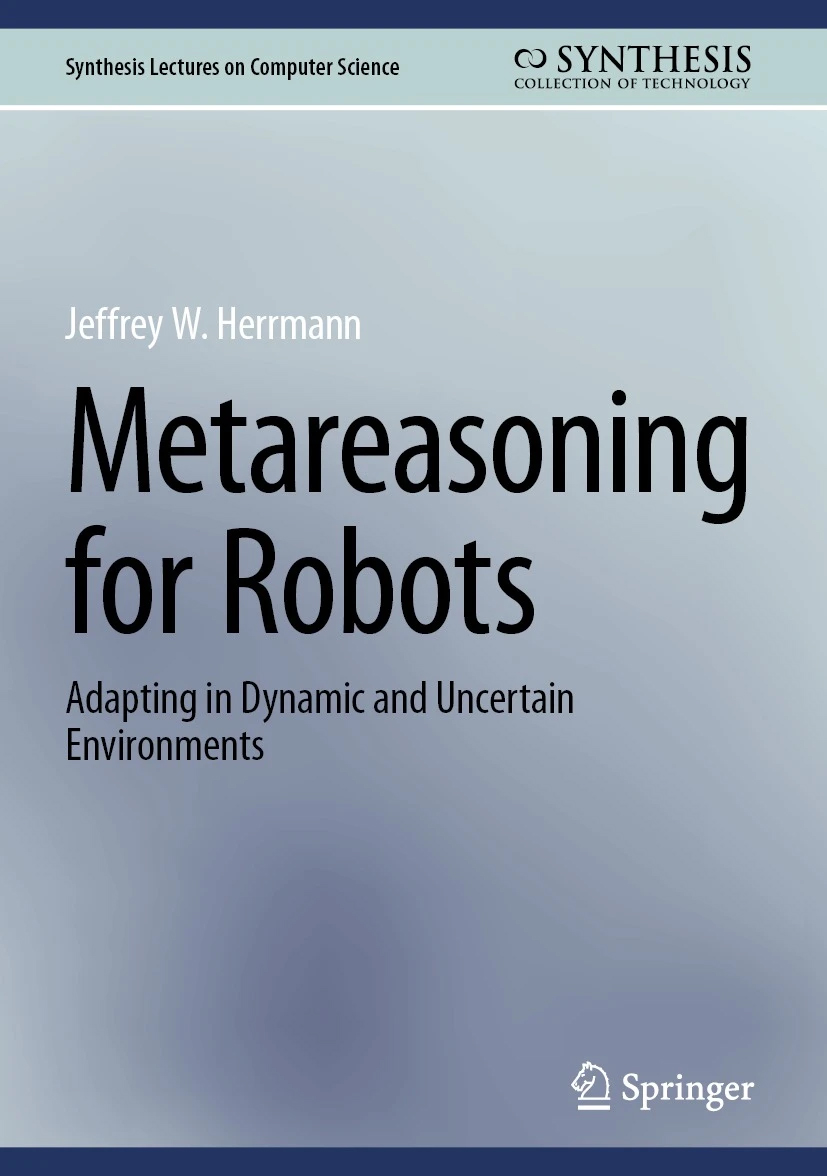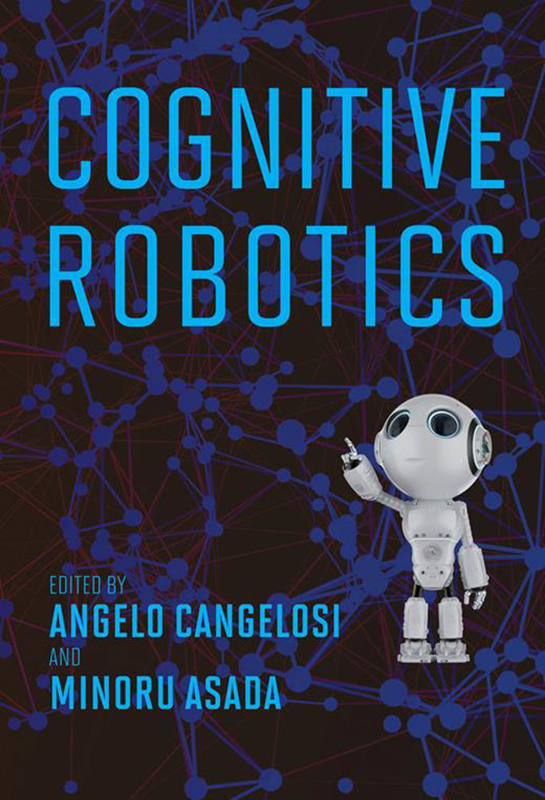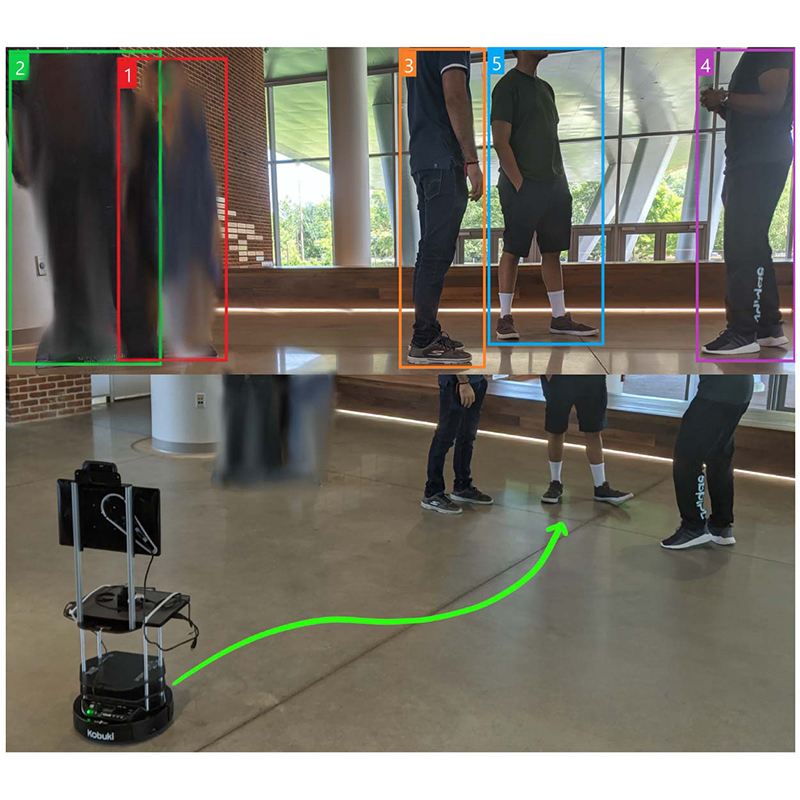News Story
Ming Lin Named to 2020 ACM SIGGRAPH Academy

Distinguished University Professor and Elizabeth Stevinson Iribe Chair Ming Lin was named to the 2020 Association for Computing Machinery SIGGRAPH Academy in recognition of her contributions in collision detection, physics simulation, natural phenomena, crowd animation, haptics, and sound rendering.
The ACM SIGGRAPH Academy Academy was established in 2018 to recognize individuals whose work is influential and who are having a direct impact on the field as proven through the development of new research or innovations in computer graphics and interactive techniques.
Lin was a part of a select group of six researchers chosen for this honor.
A fellow of ACM, IEEE, and Eurographics, Lin’s research focuses on computational robotics, haptics, physically-based modeling, virtual reality, sound rendering, and geometric computing. She has (co-)authored more than 300 refereed publications in these areas and co-edited/authored four books and has served on hundreds of program committees of leading conferences, co-chaired dozens of international conferences and workshops and is a member of several editorial boards.
She is currently a member of Computing Research Association-Widening Participation (CRA-WP) Board of Directors, Chair of IEEE Computer Society Fellows Selection Committee, Chair of IEEE CS Computer Pioneer Award, and Chair of ACM SIGGRAPH Outstanding Doctoral Dissertation Award.
Lin co-leads a major research group with more than 25 members on geometric and simulation algorithms with applications to Computer Graphics, Robotics, and Virtual Environments.
Many of Lin’s research findings have been patented and licensed by more than 50 companies world wide. She also co-founded Impulsonic, Inc. which was a 3D audio technology company that created physics-based audio spatialization software for game developers and VR systems. Impulsonic was acquired by Valve in 2016 and its product, PHONON, an interactive audio software toolkit continues to be available through Valve’s SteamAudio.
—Story courtesy of Richa Mathur, Computer Science Department, UMD
Published June 12, 2020







